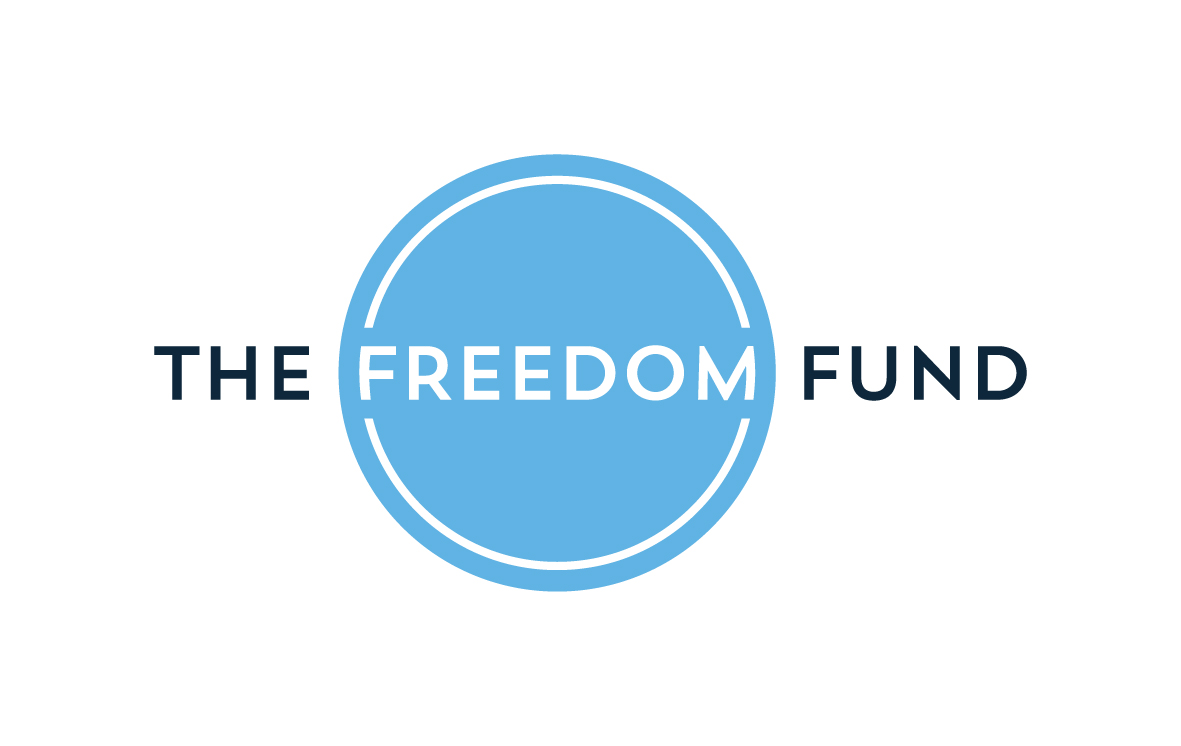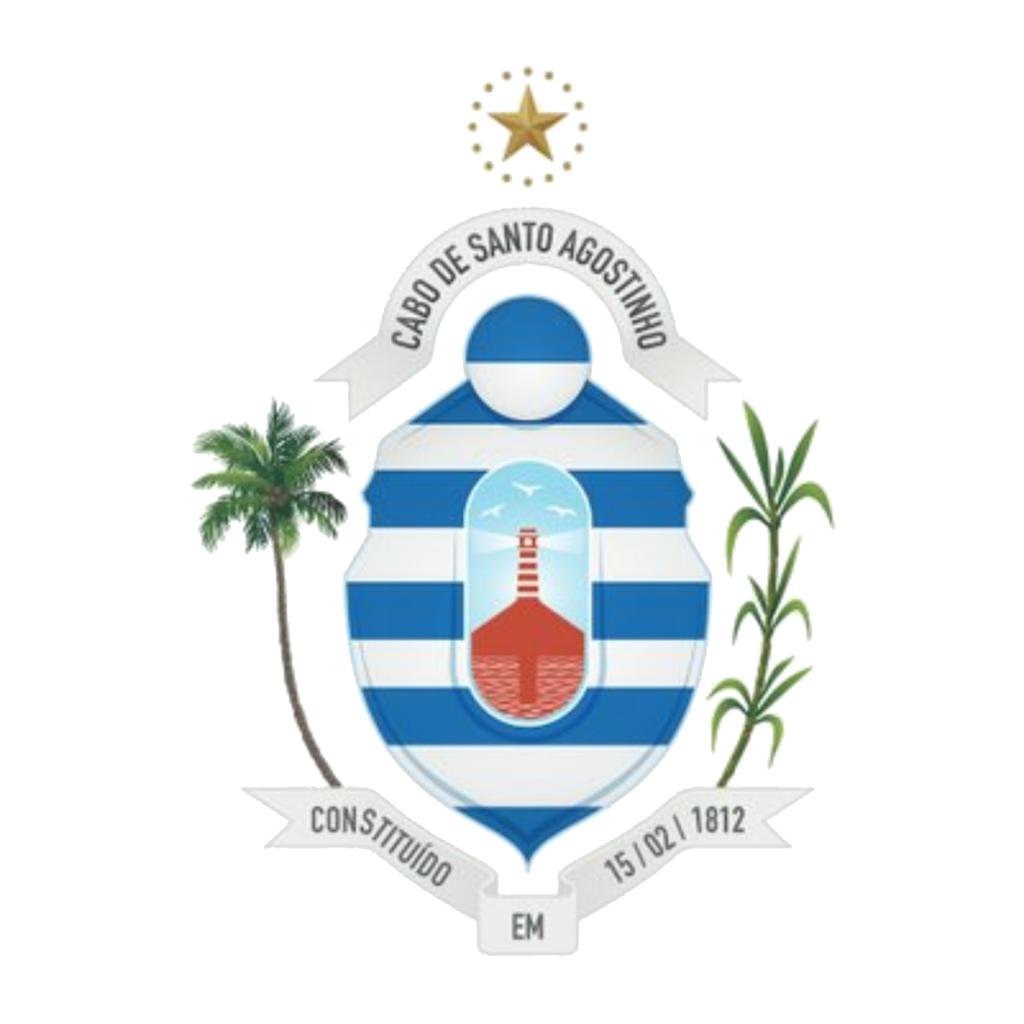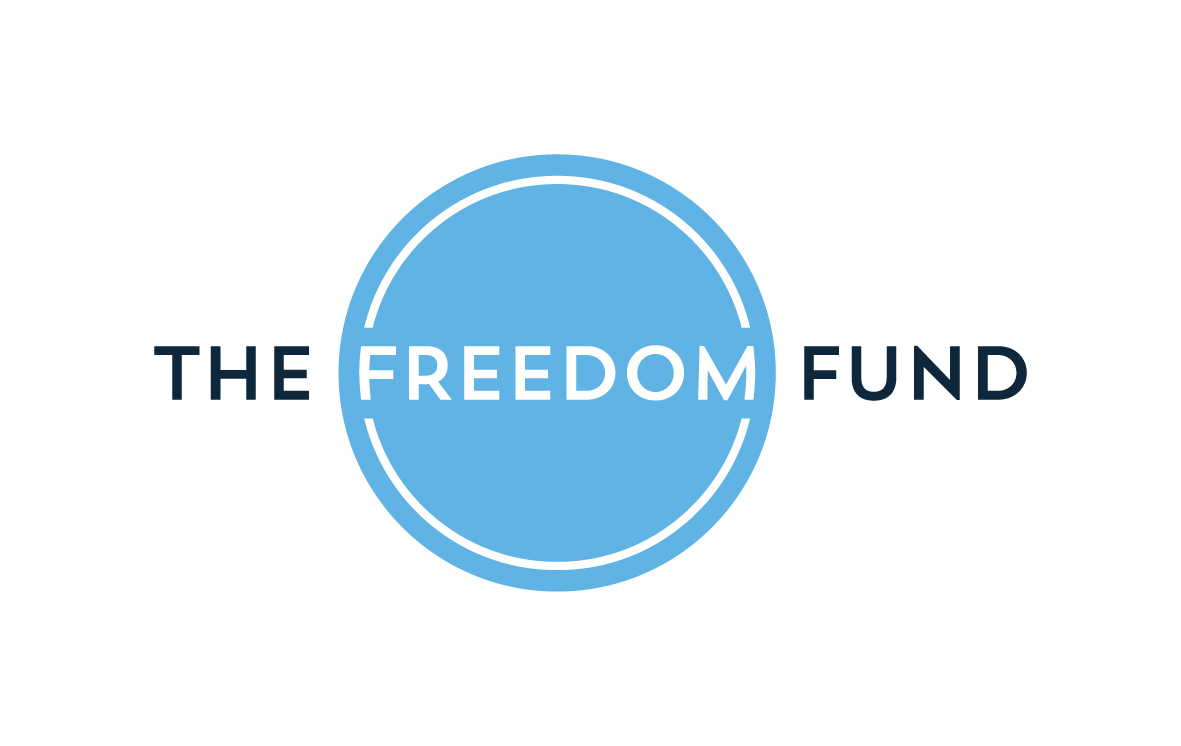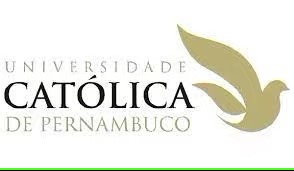Evaluating the Effects of Anti-trafficking School Curricula in Tackling Commercial Child Sexual Exploitation of Children in Brazil

Funded by HTRI and in collaboration with The Freedom Fund, University College London (UCL), Catholic University of Pernambuco (UNICAP), Canal Futura, and the Municipal Government of Cabo de Santo Agostinho, researchers are conducting a randomized evaluation to measure the impact of a multimedia curriculum in reducing children’s exposure to commercial sexual exploitation in Brazil.
Commercial sexual exploitation of children is a significant issue in Brazil, compounded by rising income inequality and gender issues. Government and civil society coordination are often lacking, and social norms contribute to a low-level tolerance of sexual exploitation of minors. Since 2008, the TV network Canal Futura has been operating the Crescer Sem Violência (CSV, or Growing Up Without Violence) multimedia curriculum to improve children’s and frontline professionals’ knowledge, skills, and behaviors to reduce children’s exposure to CSEC. The curriculum centers on three television series that introduce concepts such as sexual abuse, commercial sexual exploitation, safe approaches for online dating, signs of online grooming, and self-protection to children in Brazil. The CSV materials have already been implemented in over 4,300 schools throughout Brazil, but the intervention has never undergone a rigorous evaluation.
In collaboration with The Freedom Fund, University College London (UCL), Catholic University of Pernambuco (UNICAP), Canal Futura, and Municipal Government of Cabo de Santo Agostinho, researchers are conducting a randomized evaluation to measure the impact of the CSV curriculum in reducing children’s exposure to commercial sexual exploitation in Brazil. Schools in the municipality of Cabo de Santo Agostinho, in the Recife Metropolitan Area, are randomly assigned to either receive the CSV materials or serve as a comparison group. Results will inform Freedom Fund, Canal Futura, and other project partners about the curriculum changes and its potential scale-up across Brazil, serving as the first randomized evaluation of a school-based sex trafficking prevention education program.
Results will be available in 2025.
Implementing Partners



Research Partners















